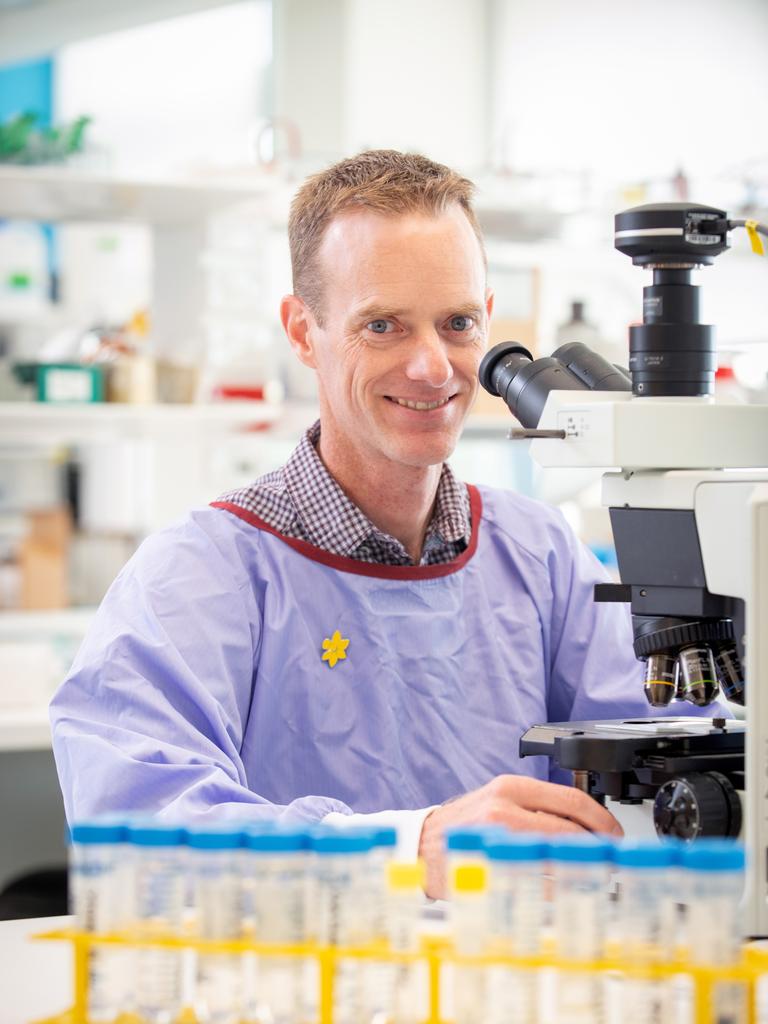Genetic research gives new hope for sufferers of aggressive breast cancers
New research from the University of South Australia has generated hope for sufferers of the most aggressive forms of breast cancer.

An invasive protein molecule could be responsible for some of the most aggressive breast cancers.
A new study by the University of South Australia has found a molecule, called ZCCHC24, changes the structure of the cancer cells, thus increasing the disease’s destructive nature.
Lead researcher Associate Professor Philip Gregory said understanding how the protein worked could stop the cancer from spreading to other parts of the body and lead to new treatments.

“Understanding why some forms of breast cancer spread and others don’t is vital in understanding how to treat breast cancer,” he said.
“In this research, we’re drilling down to look at individual cancer cells and trying to find out what makes them turn from being benign to aggressive.
“What we’ve discovered is a molecule that appears to be strongly turned on in the most aggressive cancer cells.
“When we block the action of this molecule, the cells completely change and become far less aggressive.”

In women, breast cancer is the most common cancer worldwide. It Australia’s country’s second highest cancer killer.
Almost 20,000 new cases are anticipated to be diagnosed in Australian women this year.
With Daffodil Day approaching, Cancer Council SA chief executive Lincoln Size said the findings could transform breast cancer treatments in the future, helping thousands.
“We’re incredibly proud to fund groundbreaking research such as Dr Gregory’s through Cancer Council’s Beat Cancer Project and encourage the community to show their support this Daffodil Day to enable us to continue to fund this critical work,” he said.
Daffodil Day will be held nationally on August 28 to raise money for cancer research projects around the country.



